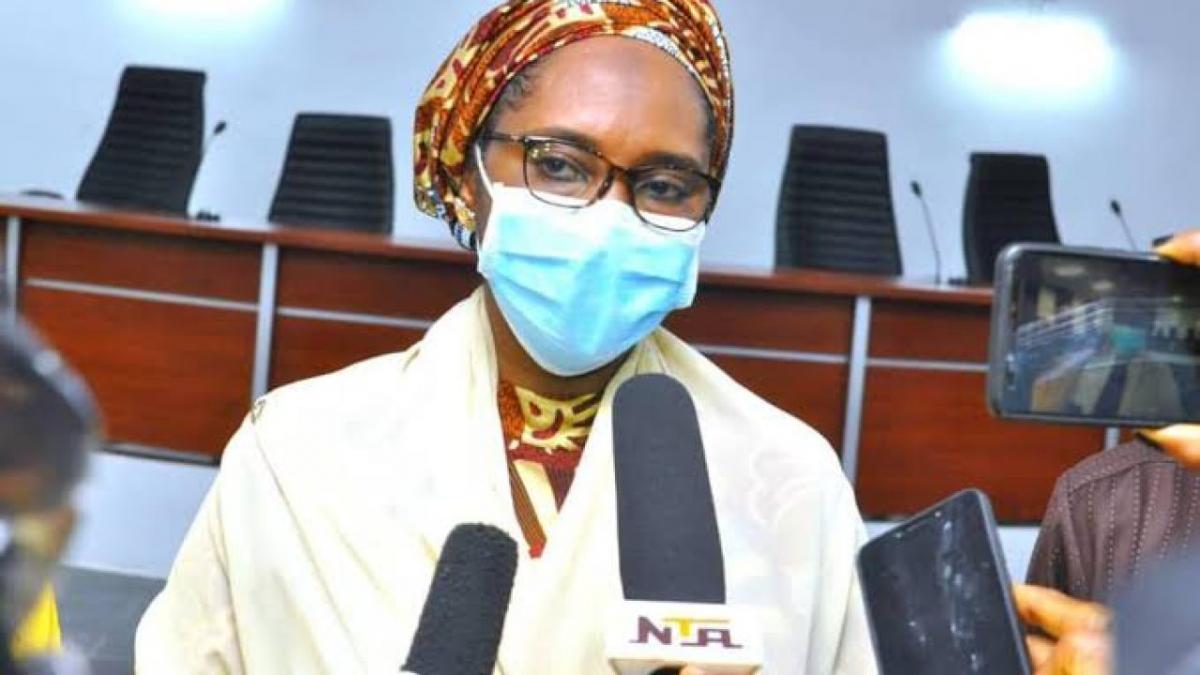There are no products in your shopping cart.
| 0 Items | £0.00 |


NIGERIA'S finance minister Zainab Ahmed has asked for significant financial sector reforms that will enable the growth of Islamic finance in the economy as part of the search for investment capital required to develop infrastructure and boost manufacturing.
Despite having a massive population of over 200m people, Nigeria's gross domestic product (GDP) is below $400bn, underlining how weak the country's productive base is. With the recent Covid-19 pandemic, Nigeria has been hit hard by a dearth in foreign direct investment, which has left the country in a Catch 22 situation as the economy desperately needs an injection of capital to get off her knees.
According to Mrs Ahmed, Nigeria desperately needs to tap into the global $2trn Islamic finance market of the country wants to enjoy economic growth. Speaking the Fifth African International Conference on Islamic Finance titled Infrastructure Financing, Sustainability and the Future of African Market, in Abuja, Mrs Ahmed said Nigeria also needs significant financial sector reforms.
Mrs Ahmed said that despite the huge potential of Islamic financing to drive a more competitive economy, Nigeria’s finance sector is lagging behind in adopting it. She said that Islamic finance instruments like Sukuks have been instrumental in closing the infrastructure gap in several countries by promoting investments in pivotal economic sectors like healthcare, education and transportation.
“The asset-backed nature and risk-sharing components of Islamic finance structures help improve financial sector stability and make them appropriate for infrastructure public-private partnerships. Consequently, stakeholder engagement becomes imperative to enhance the soundness and efficiency in our financial system on Islamic finance, if we are to build a globally competitive economy,” Mrs Ahmed said.
Alhaji Muhammad Sanusi, the former Central Bank of Nigeria governor, added that the inclined disposition of Islamic financing to provide thorough accountability sets it as a more sustainable blueprint to achieve sectoral development. He also debunked claims that Islamic financing is a tool for Islamising Nigeria, stressing that the purpose is to deepen financial inclusion and drive development.
“When the government issues bonds in the capital markets investors are just looking forward to getting their interests and capital and it is easy to track the money and where it goes. However, with the Sukuk, it is possible to know exactly what the money will be used for.
“Overall, Islamic finance provides a potent alternative for resource mobilisation and fair and equitable allocation of resources that could help address the sustainable development goals. However, an essential condition for the development of Islamic finance markets is the presence of an effective legal and regulatory framework to provide an enabling environment that will create a level playing field, and enforce the legality of Islamic finance contracts and ensure Shariah compliance,” Alhaji Sanusi added.
Ummahani Amin, the chairman of the conference planning committee, said the summit showed a resilient commitment by Islamic finance industry actors to discuss strategies and fiscal reforms that will enhance the development of the industry. He added that the conference stood for infrastructural development amid an ailing global economy and humanitarian crisis.